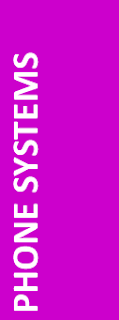 We have been advised of a major national outage, affecting outgoing calls to NGNS and mobile numbers.
We have been advised of a major national outage, affecting outgoing calls to NGNS and mobile numbers.Believe it or not we have been advised that this is due to network congestion in response to the release of the Take That tickets.
Our carrier is working on this issue as a top priority to restore service ASAP.We will keep you informed of all progress with regards to this outage.






















